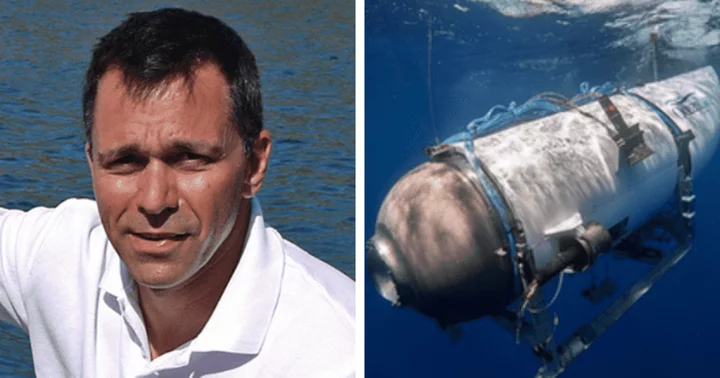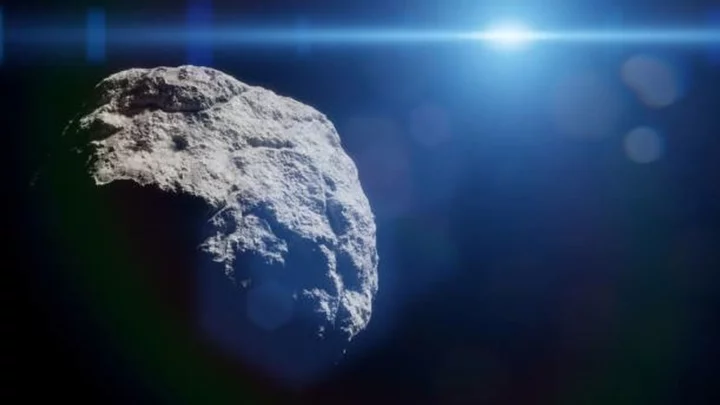NEWFOUNDLAND, CANADA: The hope of bringing OceanGate passengers alive was died after the company announced that they have lost all the five inboard passengers. The cofounder of the company felt there can still be a positive outcome, but the hope was shattered with the new development. The Titan submersible, which takes people on expeditions to Titanic debris has lost contact and is believed to be out of oxygen too by now.
The five passengers on board were British billionaire Hamish Harding, 58, OceanGate founder, 61, and CEO Stockton Rush, 77-year-old former French navy captain Paul Henry Nargeolet, British-Pakistani businessman Shahzada Dawood, 48, and his 19-year-old son Suleman Dawood.
Oceangate, in a latest statement, said "We now believe that our CEO Stockton Rush, Shahzada Dawood and his son Suleman Dawood, Hamish Harding, and Paul-Henri Nargeolet, have sadly been lost. These men were true explorers who shared a distinct spirit of adventure, and a deep passion for exploring and protecting the world’s oceans. Our hearts are with these five souls and every member of their families during this tragic time. We grieve the loss of life and joy they brought to everyone they knew," reported Daily Mail.
Who is Guillermo Sohnlein?
Guillermo Sohnlein co-founded OceanGate Expeditions in 2009 with the current Titan submersible pilot Stockton Rush. The latter went missing with 96 hours of oxygen aboard which would have run out about 7.08 am on Thursday, June 23.
“Today will be a critical day in this search and rescue mission, as the sub’s life support supplies are starting to run low,” he had posted on his Facebook account. “I’m certain that Stockton and the rest of the crew realized days ago that the best thing they can do to ensure their rescue is to extend the limits of those supplies by relaxing as much as possible. He concluded, “I firmly believe that the time window available for their rescue is longer than what most people think,” he continued, as the clock ticked inexorably toward the end of the available air supply, reported New York Post.
'It's rattling around'
Jeff Karson, Professor Emeritus of Earth and Environmental Sciences at Syracuse University, told Daily Mail, “One possibility is that the sounds bouncing around the debris. And so it's a more complicated echo. It's just not bouncing off of one thing. It's bouncing off a bunch of things. And it's like, you know, dropping up a marble into a tin can. It's rattling around and that would confuse the location.”
He added, “The banging, I hear the Coast Guard talk about it. I wonder how much of this is just wishful thinking? Is it really banging or just some unidentified sound? I think that is a more accurate description right now. In past investigations, looking for loss objects on the seafloor, I know that all sorts of crazy sound was discovered. It's just one more thing we don't understand about the ocean, our own planet.”









